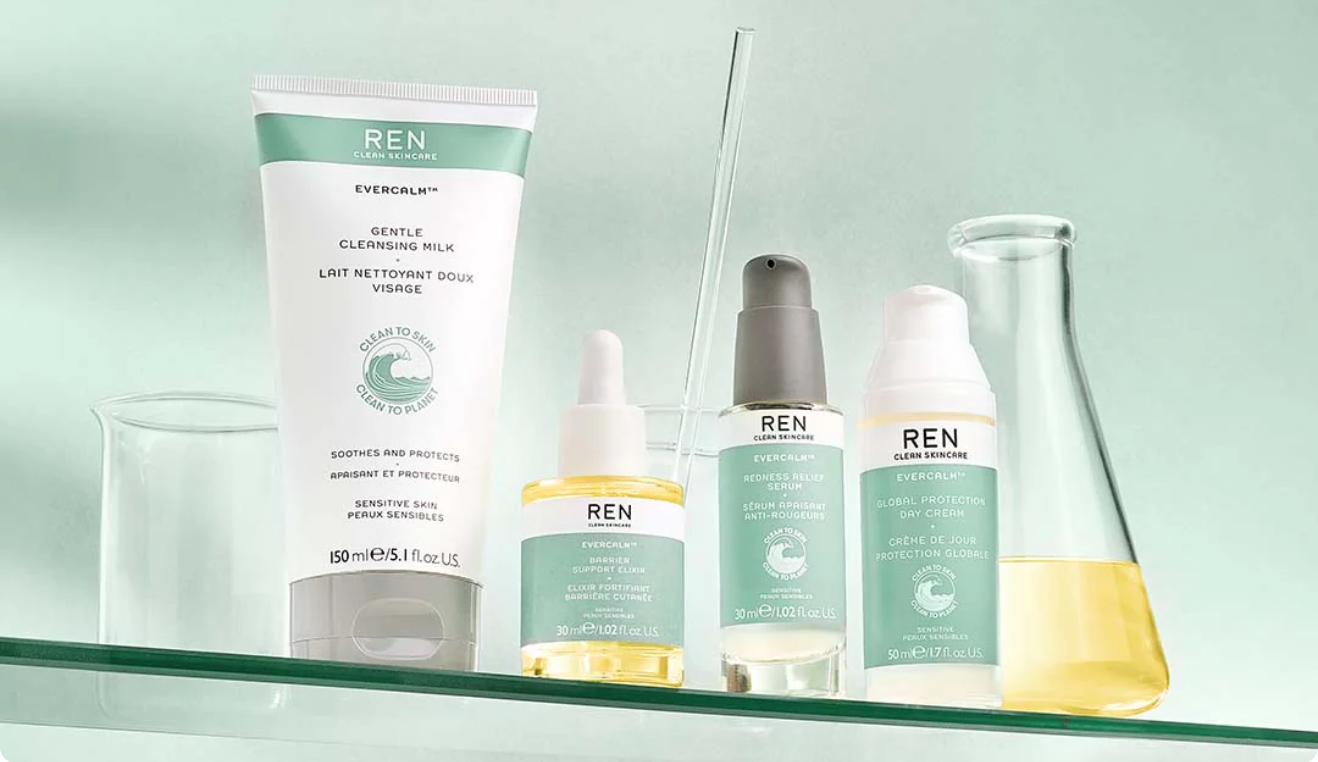Lessons eCommerce brands can’t ignore from REN’s closure
Credit: www.renskincare.co.uk
REN Clean Skincare is shutting down, and for many in the beauty and eCommerce world, it stings.
From the outside, REN looked solid: stocked in premium retailers, loved by beauty editors and backed by Unilever, a parent company with serious resources. But recently, Unilever announced the brand will be wound down by the end of 2025, bringing a 25-year chapter in clean beauty to a close.
This wasn’t a quiet exit. REN’s closure has sent a ripple through the industry, and it’s a wake-up call product brands can’t afford to ignore.
At first glance, it’s a shock. REN was a clean beauty pioneer, with loyal customers, strong values and serious brand recognition.
Look a little closer, and the signs were there.
So, what happened?
“A combination of internal factors, compounded by market challenges in recent years, has left the brand unable to sustain success in the long term.”
REN – while still respected and loved by many – had perhaps started to feel a little less front-of-mind for newer audiences. And in a category as competitive as skincare and wellness, that’s a tough spot to be in.
New eCommerce brands are launching all the time. They’re agile, plugged into culture, and know how to market themselves with clarity and edge. Even brands with legacy status need to evolve constantly to keep pace.
A well-loved legacy can only take you so far
REN had a strong ethos and was ahead of its time on sustainability. The brand built its reputation as a pioneer of clean, sustainable beauty long before those became mainstream selling points. But in 2025, clean credentials and a sustainability mission sadly aren’t enough.
Today’s consumer expects those values as standard, not as a USP. REN was caught in a tough middle ground: not budget enough to compete with high-performing, affordable brands like CeraVe and The Ordinary, and not premium enough to command the loyalty (and spend) of luxury shoppers.
Unilever had hinted at a possible sale, and REN hadn’t made much notable noise in recent years in terms of innovation or newness. As beauty editor Laura Capon points out on TikTok, the brand hadn’t launched anything in recent years that truly felt fresh, and in beauty, that matters.
There’s also the emotional factor. When a once-niche, values-driven brand is folded into a global corporation, some of that original spark can fade, especially for customers who connected with the brand on a personal level.
It’s a familiar story: when big companies acquire smaller brands, they sometimes forget what made them special in the first place.
Here’s the bigger takeaway
It’s tempting to think, “If it’s working, why change it?”
But consumer expectations shift. Messaging ages. Competition ramps up. What felt fresh five years ago may now feel flat, and if a brand doesn’t keep moving, it risks being left behind.
We don’t have all the answers, but here’s what this reminds us:
Product brands that stay relevant are the ones that:
Keep innovating – in product, experience, or delivery
Stay closely connected to what their customers care about
Are willing to evolve, even when it’s uncomfortable
REN didn’t stop mattering, it stopped moving. And in 2025, that’s one of the biggest risks a brand can take.
Want to get industry news and insights like the above delivered to your inbox?
Sign up for our newsletter here to stay ahead.


